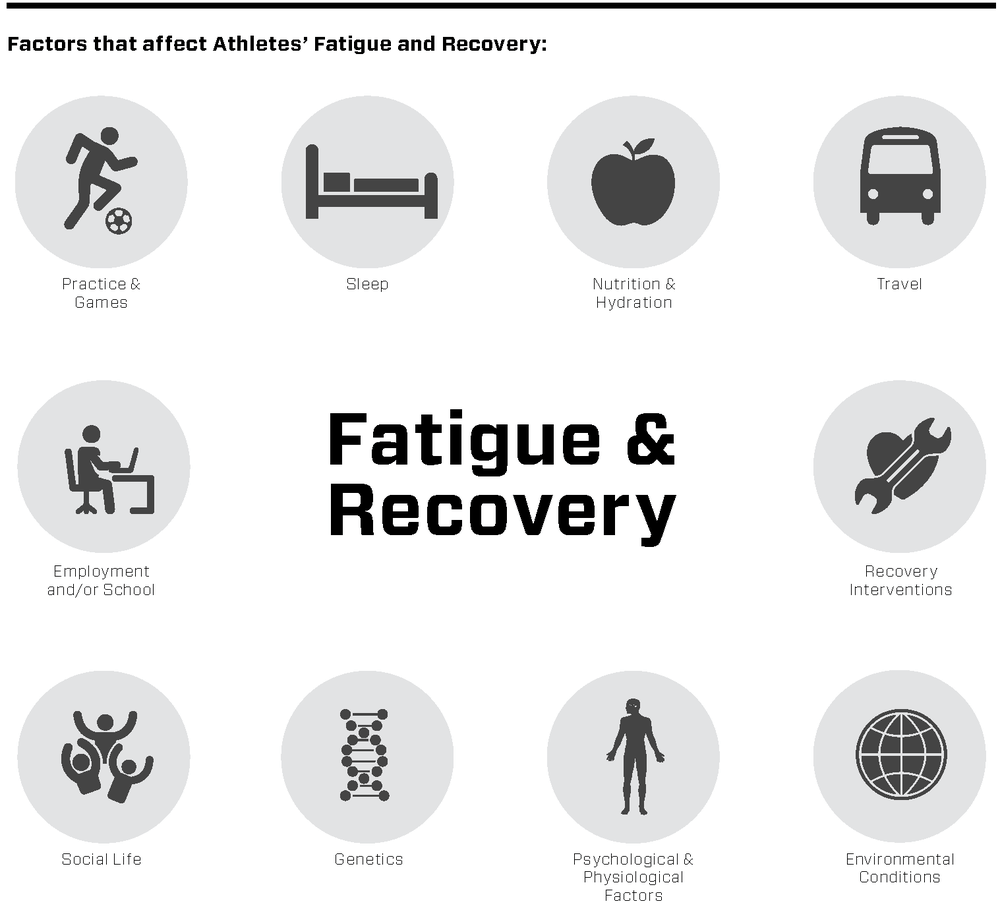
'This is because your body will be somewhat actively recovering during the week. 'If your main activity is strength training theoretically you could take just one day a week as an all-out recovery day,' says Silverman. However the following factors will affect how you should structure your work to rest ratio: Rest days are there to be taken when you feel you need them - there’s no prescriptive as to exactly which days of the week they should fall on. £18 at Sports Direct How often should you take a rest day? ‘Heart rate variability, also known as HRV, is a way to measure your heart rate throughout the day and night and can help determine how under recovered you are from your training programme and give you metrics on how “ready” you are to train,’ says Silverman.īut, if tracking your heart rate twenty-four hours a day sounds like too much fuss then actively listening to your body and being intuitive about how you move and treat it is the key to monitoring burnout and fatigue levels. So, is there a way to definitively tell a difference between the need for a rest day and what's 'normal' in day to day life?

While these are the telltale signs of someone needing a rest day, they’re also very similar to the symptoms most adults experience every week trying to juggle work, health, family and friends.

If you push your brain too hard at work, you burnout. Your muscles need a chance to desensitise and get used to the progression you’ve already made. 'You have to let your body heal from the work you’ve been doing all week. For Barry’s Bootcamp legacy trainer Jemma McKenzie-Brown, rest days are just as important as killing your training sessions.

It can be hard to know which is the right way to go about them, but one thing is for sure: rest days should always feature in your routine. Should you stretch away the stiffness of the week’s workouts (spoiler: yes), go for a light walk (yes, again) or should you sink into a hot bath and watch Netflix on your precariously balanced phone (for the third and final time, yes). Rest days are one of those things you long for them when you're due to do a workout, but once they finally roll around you feel a bit lost.


 0 kommentar(er)
0 kommentar(er)
